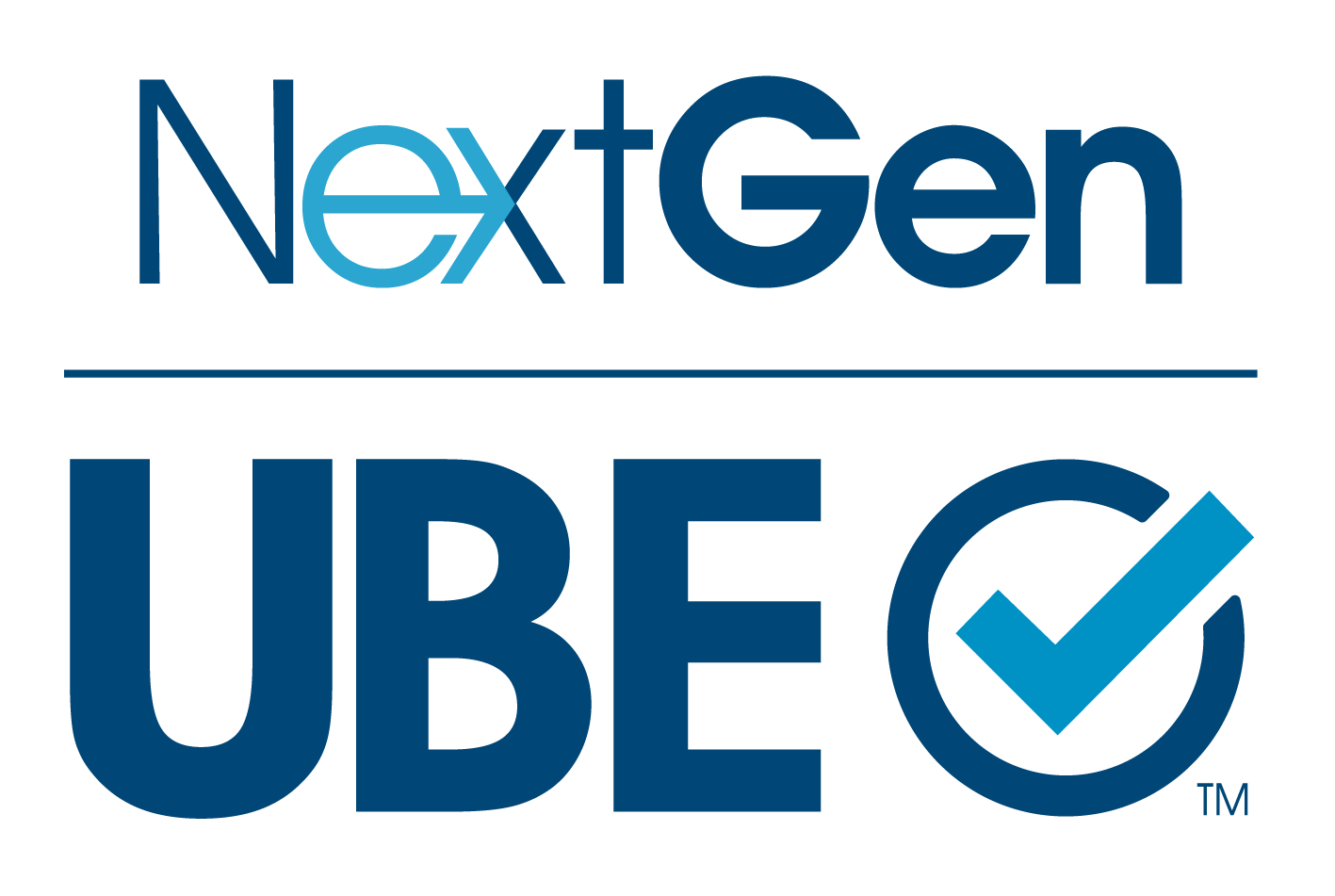
Set to debut in a limited number of US jurisdictions in July 2026, the NextGen Uniform Bar Examination will test a broad range of foundational lawyering skills, utilizing a focused set of clearly identified fundamental legal concepts and principles needed in today’s practice of law.
- Foundational concepts and principles: business associations and relationships, civil procedure, constitutional law, contract law, criminal law and constitutional protections of accused persons, evidence, real property, torts
- Family Law: From July 2026 through February 2028, family law concepts will appear on every NextGen exam in a performance task and may also be included in integrated question sets. During this period, family law concepts will be tested with the provision of legal resources. Starting in July 2028, family law will be included in the foundational concepts and principles tested on the NextGen UBE and will be tested in the same manner as the other foundational concepts and principles.
- Trusts and Estates: From July 2026 through at least February 2028, trusts and estates concepts will appear on every NextGen exam in a performance task and may also be included in integrated question sets. During this period, trusts and estates concepts will be tested with the provision of legal resources.
- Foundational lawyering skills: legal research, legal writing, issue spotting and analysis, investigation and evaluation, client counseling and advising, negotiation and dispute resolution, client relationship and management
The NextGen UBE will first be administered to US jurisdictions with the July 2026 bar exam. As jurisdictions announce whether they intend to first administer the new exam in July 2026, February or July 2027, or February or July 2028, NCBE will update its list of participating jurisdictions to reflect these announcements.
Review the official July 2026-February 2027 NextGen UBE Blueprint.
About the Development Process
The NextGen UBE was developed through a rigorous process that included multiple phases of research testing and statistical analysis, conducted in accordance with the same best practices in licensure exam development utilized by a broad range of exams, including those for medicine, dentistry, pharmacy, engineering, accounting, and other licensed professions.
Questions for the NextGen UBE are written by diverse teams of law professors and deans, practicing attorneys, and judges drawn from jurisdictions throughout the US.
For additional information about the development of the NextGen UBE, visit the NextGen website.
About Exam Administration
Like the current bar exam, the NextGen UBE is administered, and the written portions graded, by the individual US jurisdictions.
The NextGen UBE is administered over one and a half days, with two three-hour sessions on day one and one three-hour session on day two. Jurisdictions that administer their own local law components may elect to extend day two for that purpose.
The exam will be taken on examinees’ own laptops at in-person, proctored testing locations. A secure, online assessment platform will be used to present the exam and to collect examinees’ responses. The platform will offer a range of assistive technologies and custom created formats for examinees who require testing accommodations.
About Scores and Score Portability
Official NextGen UBE scores are reported as a single number on a scale from 500 to 750. Each jurisdiction establishes its own passing score within this range. The Guidance Brief on the Recommended NextGen UBE Passing Score Range summarizes NCBE’s evidence-based recommended passing score range for the NextGen UBE and provides a mapped comparison to legacy UBE passing scores (for more information, review Frequently Asked Questions). These recommendations are intended to guide jurisdictions as they determine their own passing scores for the NextGen UBE. Check your jurisdiction’s page for information about its required passing score.
The NextGen UBE will replace the current Uniform Bar Examination as the basis for score portability between participating jurisdictions.
During the transition period between the current UBE and the NextGen UBE, jurisdictions may accept both the current UBE and NextGen scores for portability purposes, with current UBE scores remaining valid until the time limit set by each participating jurisdiction. See the Comprehensive Guide to Bar Admission Requirements for information on the time limit for transferring UBE scores in each jurisdiction.
Jurisdictions that do not elect to participate in score portability may administer the NextGen UBE without accepting scores for transfer.





